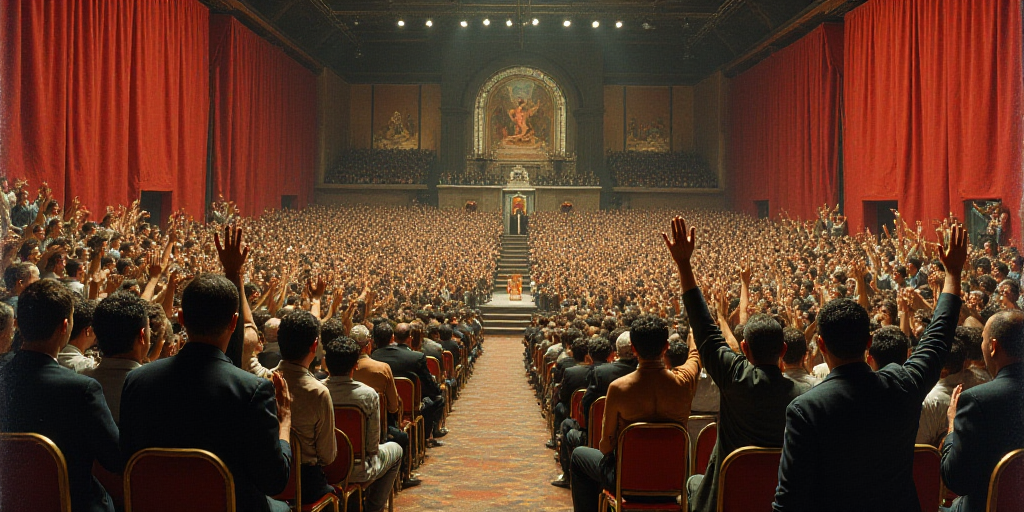Overview and Background
Morena and its allies in the Chamber of Deputies approved President Claudia Sheinbaum’s initiative for a new National Guard Law, along with secondary laws regulating its transfer to the Secretariat of National Defense (Sedena). These changes include new powers and benefits for the military.
Key Votes and Opposition
In an extraordinary session, with rejection from PAN, PRI, and MC, the House of Representatives in San Lázaro passed the National Guard Law with 351 votes in favor and 124 against. The legislation now moves to the Senate for discussion.
New Powers and Responsibilities of the National Guard
The new National Guard Law signifies that military personnel will oversee border zones, customs, national parks, federal urban spaces, and any territory under federal jurisdiction.
- Protect natural resources
- Prevent, investigate, and combat crimes such as illegal logging, wildlife trafficking, and ecosystem degradation or contamination
- Conduct intelligence research, gather information in public places, perform covert operations, and simulated user investigations for crime detection
- Request real-time mobile communication device geolocation data from telecommunications companies
- Intercept private communications; conduct surveillance, identification, monitoring, and tracking on the public internet to prevent criminal activities
Moreover, the lower house approved allowing active military personnel in the National Guard to hold elected positions or serve as government officials through a “special” leave granted by the federal executive or Sedena head.
New Faculties for the Secretariat of National Defense (Sedena)
These reforms grant Sedena new powers, including generating, operating, processing, and using security-related information; developing intelligence products and services.
Additionally, the proposal aims to amend the Organic Law of the Mexican Army and Air Force, establishing that the use of the National Guard as a force for armed services will be exclusive to preserving national security.
Opposition Raises Concerns Over Public Life Militarization
During a session marked by President Claudia Sheinbaum’s birthday, opposition parties expressed concern over the militarization of public life.
- PRI’s Graciela Ortiz González: Morena is using the military to build roads, manage airports and customs, and even run businesses. This centralized, authoritarian approach is constructing a divided Mexico without consensus.
- PAN’s José Guillermo Anaya: This reform symbolizes a serious attempt to normalize the militarization of the country’s security, which is not an isolated incident but a step towards total authoritarian control.
- MC’s Laura Ballesteros: These changes will replace the power of laws and institutions with military force, consolidating the militarization of both public security and Mexican public life.
Near the end of discussions, PT and PRI legislators nearly came to blows over a banner accusing Morena of being a “cartel.” After the session, Morena, PT, and PVEM deputies led by Ricardo Monreal sang “mañanitas” for President Sheinbaum from the tribune.






